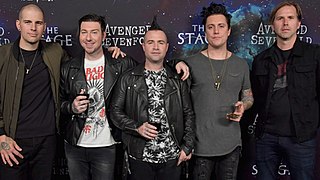A Quote by Tom Lehrer
The people who were in college in the '50s were my first real audience, and their kids, the people who found my records in the cabinet during their 'Mad 'magazine years picked me up also.
Related Quotes
The strange thing about my life is that I came to America at about the time when racial attitudes were changing. This was a big help to me. Also, the people who were most cruel to me when I first came to America were black Americans. They made absolute fun of the way I talked, the way I dressed. I couldn't dance. The people who were most kind and loving to me were white people. So what can one make of that? Perhaps it was a coincidence that all the people who found me strange were black and all the people who didn't were white.
I was co-editor of the magazine called The Jazz Review, which was a pioneering magazine because it was the only magazine, then or now, in which all the articles were written by musicians, by jazz men. They had been laboring for years under the stereotype that they weren't very articulate except when they picked up their horn.
I had said that Le Guin's worlds were real because her people were so real, and he said yes, but the people were so real because they were the people the worlds would have produced. If you put Ged to grow up on Anarres or Shevek in Earthsea, they would be the same people, the backgrounds made the people, which of course you see all the time in mainstream fiction, but it's rare in SF.
You can look at what's happened to America in the last years and say a lot of people were asleep. A lot of people were not staying awake and watching what was going on and facing the pain of that and dealing with it.I don't care if the rest of the audience doesn't think along those lines at all, because the audience is a huge spectrum of people, from people who are introspective to people who just want to be scared and have fun, and all the points in between.
It never occurred to me that there were so many wonderful photos that had been orphaned and were out there in the world, waiting to be found. Over time, I found a lot of very strange pictures of kids, and I wanted to know who they were, what their stories were. Since the photos had no context, I decided I needed to make it up.
The first review our band ever got - when I was 17 years old and we had just released our first EP, and this tiny little magazine wrote a review on it, and for that month, we were the best album of the month, and we were also the worst album of the month. We won best and worst album of the month in the same magazine.
After being raised as an evangelical Christian, I for years assumed that Christianity was the default - there were Christians, and then there were weirdos. I was shocked when, in college, I found that some people get offended when you tell them, for instance, that their recovery from surgery was a 'miracle.'




































